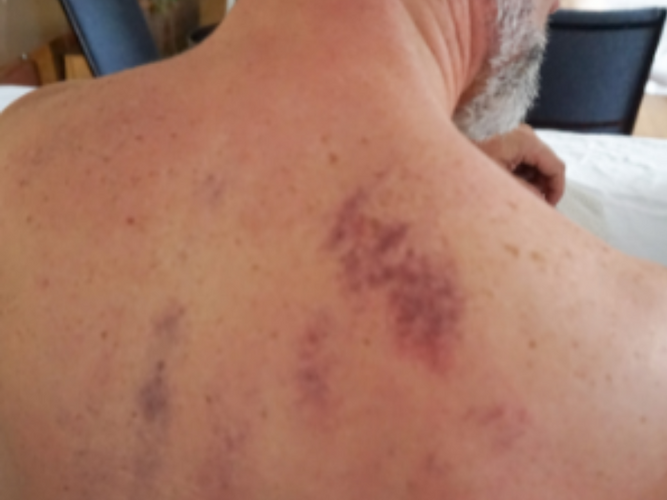Blog
East Asian Medicine
How to Treat the Client’s Energy Without Draining Your Own
Why cultivating your Qi matters just as much as accessing theirs
In my recent posts, I’ve talked about what makes acupoint work effective—how to reach the client’s Qi through precision, intention, meridian flow, and proper stimulation.
And while all of those pieces are essential, there’s something else that’s just as important—maybe even more so:
You can’t consistently access and treat someone else’s Qi… if you’re not connected to your own.
Let me explain...
✋ The Hands Know (But …
The Alchemy of Acupoints: Turning Technique into Transformation
What Is Qi? The Vital Breath of Life That Moves Through Everything
What exactly is Qi (pronounced “chee”)? In East Asian Medicine and bodywork traditions, Qi is often loosely translated as "energy"—but this single word doesn’t do justice to the depth and nuance of what Qi truly is.
Many of us have heard Qi described as “vital energy.” That’s a helpful start. But Qi is far more than just a mysterious force; it is the very foundation of life itself—present in every breath, every pulse, every movement within and everything that is alive around us.
From the Yang …
De Qi, Touching Qi, and the Spark of Healing in East Asian Bodywork
De Qi, Touching Qi, and the Spark of Healing in East Asian Bodywork
In East Asian medicine, there is a phenomenon known as de qi — pronounced somewhere between a "d" and a "t" sound, chi.
It refers to the spark, the moment when the practitioner connects with the body’s living energy, or qi, through touch or instrument.
To the trained practitioner, de qi can feel almost electrical — a tangible activation of the body’s internal movement of energy.
In many traditional styles of acupuncture and Ea…
Don't Hold Your Breath: How Breath-Holding Disrupts Qi Flow and Energy Balance
Don't Hold Your Breath: The Hidden Cost of Breath-Holding on Qi Flow
Why You Should Pay Attention to Your Breath
"Don't hold your breath!"—a phrase often used to express doubt that something will happen. Ironically, holding the breath itself limits our chances of success in a far more tangible way. When we unconsciously restrict our breath, we disrupt the flow of oxygen and Qi, the vital energy that sustains us. This simple yet profound act interferes with the natural cycles of the body, parti…
What is Blood Stasis?
Blood stasis is a central concept in traditional Chinese medicine (TCM) and one of the primary issues that gua sha aims to address.
But what exactly is blood stasis, and why is it so important to understand?
In TCM, blood stasis refers to the stagnation of blood in the body. It can result from various factors, including poor circulation, injury, or chronic stress. When blood stasis occurs, it can manifest as pain, swelling, or stiffness. Left unaddressed, it may lead to more significant health…






